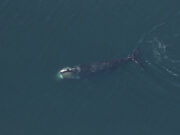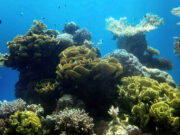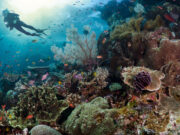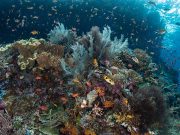Oceans cover over 70% of the Earth’s surface and are vital for sustaining life on our planet. They are home to a vast array of marine life, provide us with oxygen, regulate our climate, and are a source of food and resources. Oceans play a crucial role in the water cycle, absorbing heat from the sun and distributing it around the globe through currents.

June 8th is World Oceans Day, raising awareness of the challenges facing our oceans and inspiring action to protect them.
The day was first proposed by Canada at the 1992 Earth Summit in Rio de Janeiro, and officially recognized by the United Nations in 2008.
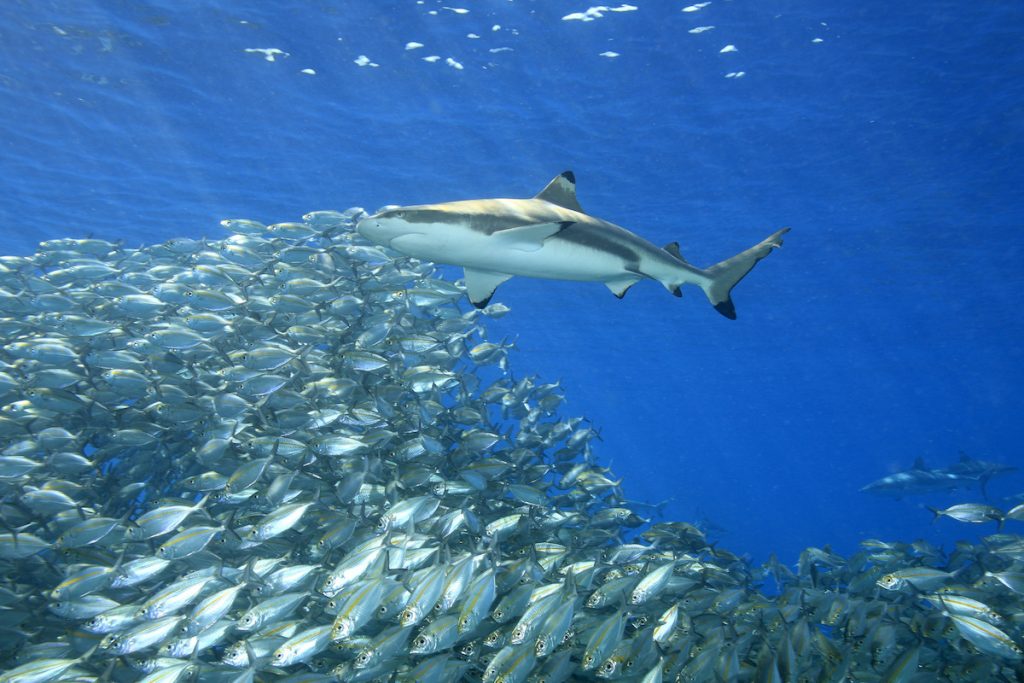 Image: DepositPhotos
Image: DepositPhotosThe Plight of Our Oceans
Pollution, overfishing, climate change and habitat destruction are just some of the major threats currently plaguing our oceans. Plastic debris, estimated to be in the millions of tons, pollutes our waters and harms marine life. Unsustainable fishing practices deplete fish populations at an alarming rate, disrupting the delicate balance of marine ecosystems. Rising sea levels and ocean acidification due to climate change threaten coastal communities and vital coral reefs. Rising sea temperatures due to climate change are causing coral bleaching, disrupting marine ecosystems, and increasing the frequency of extreme weather events.
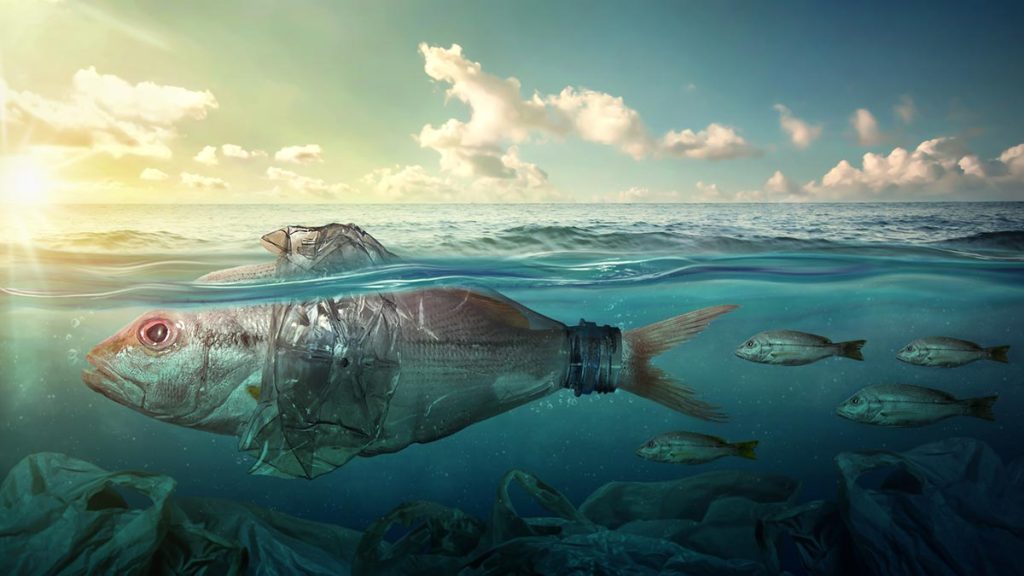 Image: Chaiyapruek/DepositPhotos
Image: Chaiyapruek/DepositPhotosTaking Action for a Healthy Ocean Future
Despite the challenges, there are many things we can do to make a difference:
- Reduce Your Plastic Footprint: Refuse single-use plastics, choose reusable alternatives, and properly dispose of any plastic waste.
- Make Sustainable Seafood Choices: Support sustainable fishing practices by choosing seafood certified by organizations like the Marine Stewardship Council (MSC).
- Minimize Your Carbon Footprint: Reducing your overall carbon footprint helps combat climate change and protects the oceans.
- Support Ocean Conservation Organizations: Donate to or volunteer with organizations working to protect our oceans and marine life.
- Advocate for Policies: Support legislation that aims to protect marine environments, reduce carbon emissions and promote renewable energy.
- Educate and Inspire: Raise awareness about ocean conservation issues. Educate yourself and others about the importance of healthy oceans and the steps we can take to protect them.

Simple Changes, Big Impact
Even small changes can help. By making conscious choices and advocating for change, we can collectively contribute to a healthier future for our oceans. This World Oceans Day, let’s dive into action and ensure that future generations can continue to experience the wonder and beauty of our planet’s blue heart.
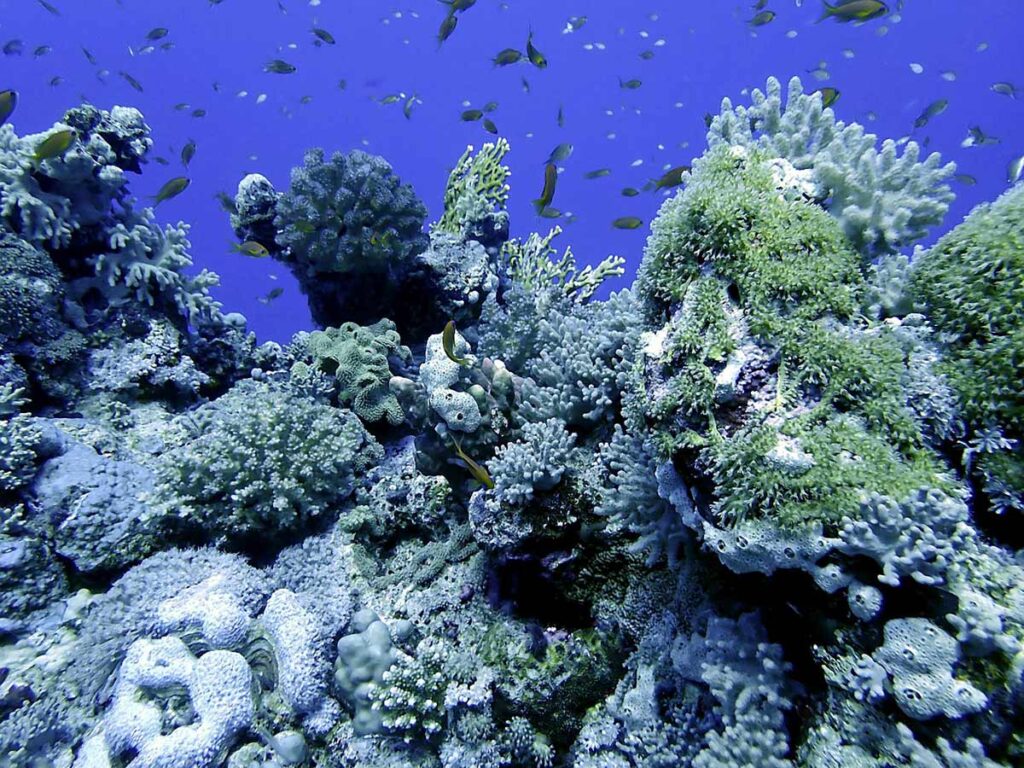 Image: Jill Studholme
Image: Jill StudholmeBy working together, we can ensure a healthy and vibrant future for our oceans, the foundation of life on Earth.
Major Threats to Our Oceans
- Pollution: Oceans are plagued by various forms of pollution, including plastic waste, oil spills, and chemical runoff. Plastic pollution is particularly insidious, as it harms marine life, disrupts ecosystems, and eventually enters the human food chain.
- Climate Change: Rising global temperatures are causing ocean acidification, melting polar ice, and increasing sea levels. These changes threaten marine habitats, particularly coral reefs, which are highly sensitive to temperature fluctuations.
- Overfishing: Unsustainable fishing practices are depleting fish populations and damaging marine ecosystems. Overfishing not only affects the species being targeted but also the larger food web and the livelihoods of communities that depend on fishing.
- Habitat Destruction: Coastal development, dredging, and other human activities are destroying vital marine habitats such as mangroves, seagrass beds, and coral reefs. These habitats are crucial for the survival of many marine species and act as natural buffers against storms and erosion.
Celebrating World Oceans Day
World Oceans Day is celebrated through various events and activities worldwide, including beach clean-ups, educational programs, art contests, and community discussions. These events aim to inspire action, highlight the importance of the oceans, and foster a sense of global community working towards a common goal.
Image credits:
- Blacktip Reef Shark with Fish: DepositPhotos
- fish plastic pollution: Chaiyapruek/DepositPhotos
- paradise-reef-stjohns1200: Jill Studholme




